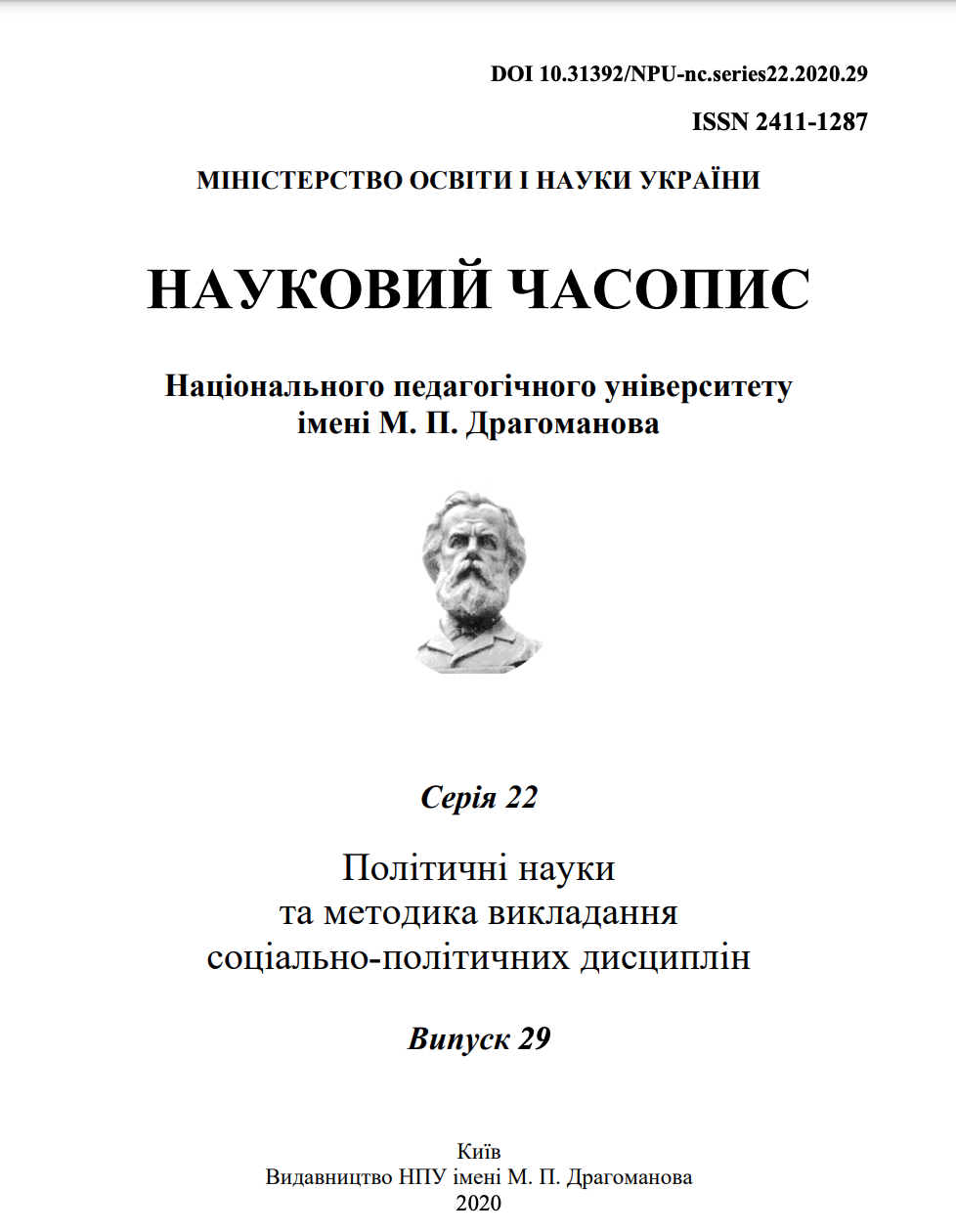The Conflict in Northern Ireland: a Settlement Experience for Ukraine
DOI:
https://doi.org/10.31392/pnspd.v22i29.1067Keywords:
military conflict, war, peace, diplomacy, annexation, deoccupation, reintegration, government, Armed Forces of Ukraine, Ukraine, Great Britain, Northern Ireland, Russian Federation, Budapest Memorandum, Normandy format, temporarily occupied territories, government activitiesAbstract
The article is devoted to the research for commonalities and differences between the conflict in Northern Ireland and Eastern Ukraine. The meaning of terms and emphases as «military conflict», «armed conflict», «local and regional war» are explained. The settlement of the conflict in Northern Ireland by the British government has been studied. Steps have been identified to resolve the conflict in Northern Ireland that would be useful for resolving the conflict in Donetsk and Luhansk oblasts by the Government of Ukraine. A brief generalized analysis of the success of some commitments of the government programs of the Cabinet of Ministers of Ukraine (governments of V. Groysman, O. Honcharuk, D. Shmygal) on the settlement of the conflict in Donetsk and Luhansk regions has been made. The article assesses the actions of the Russian Federation in the framework of aggressive policy towards Ukraine. The settlement of the military conflict through diplomacy is considered. From the beginning to the end of the article, the importance of military capability and development of the Armed Forces of Ukraine is emphasized. The proposed steps to resolve the conflict have a history of practical implementation. The topic of deoccupation of the Autonomous Republic of Crimea and the city of Sevastopol is proposed to be given a separate study. The article considers, but needs more extensive research, the introduction of transitional justice, compensation for damages at the interstate level, referendums on certain issues. It is argued that an important area of conflict resolution is the solution of humanitarian problems: the implementation of social benefits, ensuring access to health care in health care facilities. It is also worth noting that, in general, the government's policy towards the inhabitants of the temporarily occupied territories should be stable, strategic, result-oriented in the long run, and frequent changes of ministers/governments may harm this and contribute to further delays.

